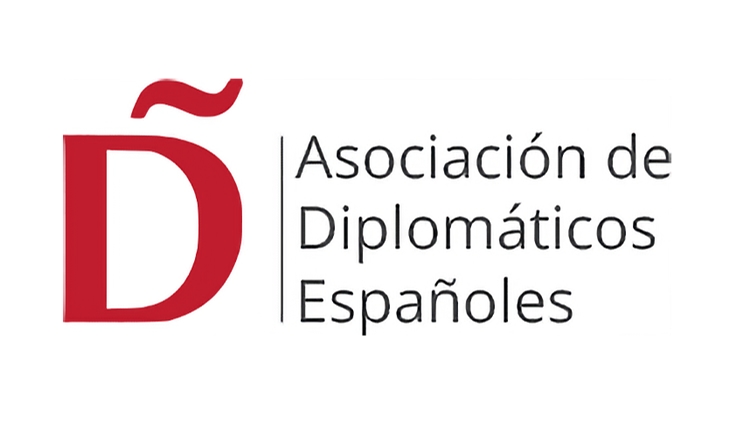Luis Ayllón
The Association of Spanish Diplomats (ADE) yesterday published a note in which it expresses its positive assessment, “in general terms”, of the new Regulations of the Diplomatic Career, whose internal processing is in its final stages.
In the note, the ADE, which groups together around 70% of civil servants in the Diplomatic Career, bases its assessment on the convenience for the Foreign Service and for diplomats of having a specific regulation that addresses the administrative particularities of the Diplomatic Career, especially those arising from the regime of obligatory mobility outside Spain.
More specifically, the ADE welcomes the fact that not only are the competences of the Diplomatic Career Board to be maintained, “but also that the functions of this advisory body, which has demonstrated its relevance and usefulness over the last three decades to ensure that the filling of posts abroad meets professional, objective and predictable criteria”, are to be extended.
Furthermore, it considers it relevant that the regulation includes a chapter on the appointment of heads of mission, in which it is determined that these will be carried out by officials from the diplomatic career, without prejudice to the fact that the government, in the exercise of its discretionary power, may appoint ambassadors who are not part of the diplomatic career.
“It is undoubtedly a step forward in the professionalisation of heads of mission that a mechanism is provided for their appointment subject to the principles of publicity, transparency and predictability, in line with the practice of other foreign services,” the note states. It adds: “The ADE hopes that all appointments of heads of mission held by diplomatic officials will be subject to this mechanism”.
They also see it as positive that the deadlines for the resolution of the provision of posts abroad should be brought forward, so that diplomats can find out in advance what their next posting will be. “This will allow, in particular for officials who move with their families, to better organise and prepare for their next posting”, they explain, referring to the fact that the known drafts of the Regulation indicate that the allocation of posts will take place in December of the previous year and not in April, as has been the case until now.
The note also praises the fact that training – both post-specific and in-service – will be reinforced, and trusts that this training will be provided with the necessary resources to ensure its quality.
On another note, the ADE is pleased that the reconciliation of family and professional life for members of the diplomatic service is included in the regulation, as its main demands include several related to this area.
In this regard, among other measures, the ADE is calling for the updating of overseas schooling grants, recalling that they have been frozen for more than twenty years and represent less than half of the average expenditure per student in the public education system.
They are also calling for the recovery of the “roots ticket”, so that families in the Foreign Service are guaranteed an annual trip to Spain.
They also call for health coverage for spouses or partners in any case, as well as the active promotion of employment opportunities abroad for the spouses/partners of Foreign Service officials.
Other demands refer to the creation of a leave of absence for international family reunification, adapted to the specificities of the Foreign Service; and the possibility of teleworking from abroad for all civil servants, even if their spouses or partners posted outside Spain are not themselves civil servants.
Finally, diplomats demand that the spouses or partners of Foreign Service civil servants should be able to contribute to the passive class system on a voluntary basis for the duration of their stay abroad.







